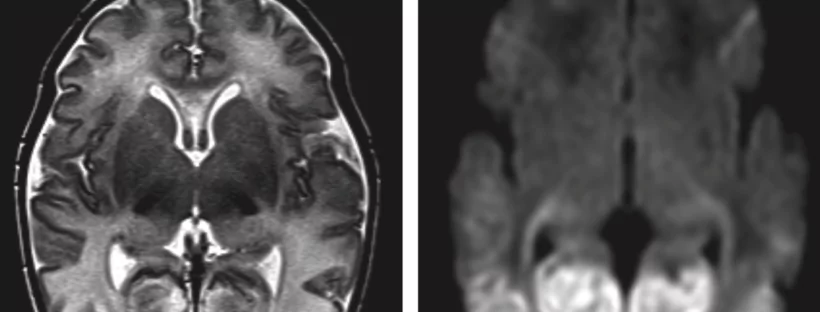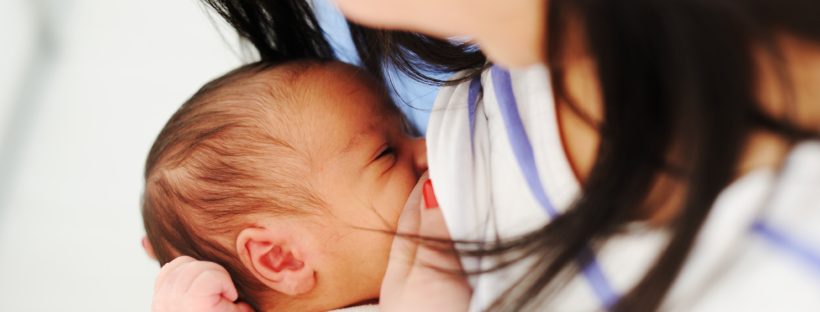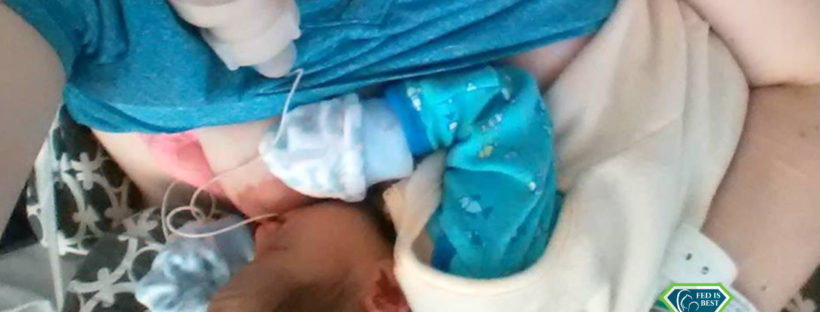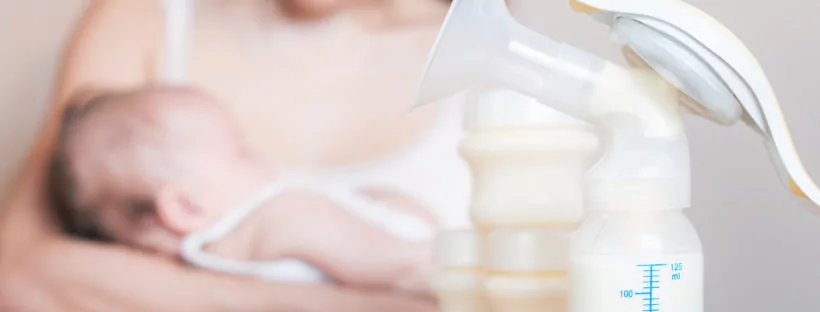Written by Fed is Best Co-Founder, Christie del Castillo-Hegyi, M.D.
Professionals in the medical community and parents have asked questions regarding whether or not newborn starvation from insufficient exclusive breastfeeding is linked to Autism Spectrum Disorder (ASD) in children and what research has been done regarding a possible connection.
The short answer is no. There is no definitive linkage, and we don’t have clear answers when we’re queried about this fact – because in fact, the science is not entirely clear on this point.




